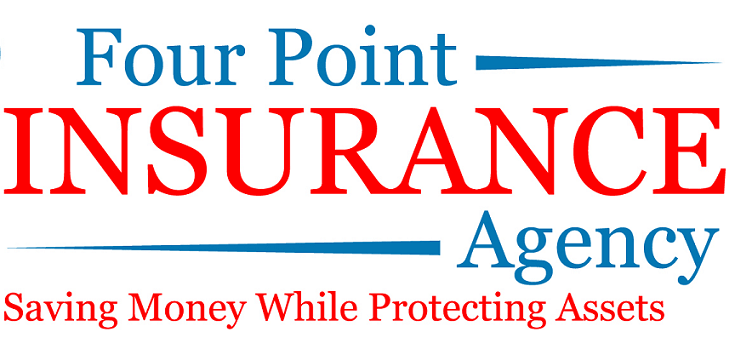Pick your business location

Research the best place to locate your business
You’ll need to register your business, pay taxes, and get licenses and permits in the place you choose to locate your business.
Where you locate your business depends in part on the location of your target market, business partners, and your personal preferences. In addition, you should consider the costs, benefits, and restrictions of different government agencies.
Region-specific business expenses
When you calculate your startup costs, take into account the way different expenses might cost more or less depending on your location.
Costs that can vary significantly by location include standard salaries, minimum wage laws, property values, rental rates, business insurance rates, utilities, and government licenses and fees.
Local zoning ordinances
If you buy, rent, build, or plan to work out of a physical property for your business, make sure it conforms to local zoning requirements.
Neighborhoods are generally zoned for either commercial or residential use. Zoning ordinances can restrict or entirely ban specific kinds of businesses from operating in an area.
You might have fewer zoning restrictions if you base your business out of your home, but zoning ordinances can still apply even to home-based businesses.
Zoning laws are typically controlled at the local level, so check with your department of city planning, or similar office, to find out about the zoning laws in your area.
Location, location, location
John and Kelly looked at what they needed in a business location and found the best spot to open their auto repair shop.
State and local taxes
Consider the tax landscape for the state, county, and city. Income tax, sales tax, property tax, and corporate taxes can vary significantly from place to place.
In fact, some states are well-known for creating tax environments that are very friendly to certain kinds of companies. That’s part of the reason why tech startups, financial institutions, and manufacturing tend to concentrate in certain areas of the country.
Visit state and local government websites to find out what the tax landscape for your area looks like.
State and local government incentives
Some state and local governments offer special tax credits for small businesses. You might also find state-specific small business loans or other financial incentives.
Incentive programs and benefits are often related to job creation, energy efficiency, urban redevelopment, and technology.
Visit local SBA Offices, Small Business Development Centers, Women’s Business Centers state and local government websites to find more information.
Federal government incentives
The federal government offers benefits to small businesses that contract with the government and are based in underutilized areas. Check into the Historically Underutilized Business Zones (HUBZone) program to see if you qualify for preferential access to federal procurement opportunities.

No responses yet